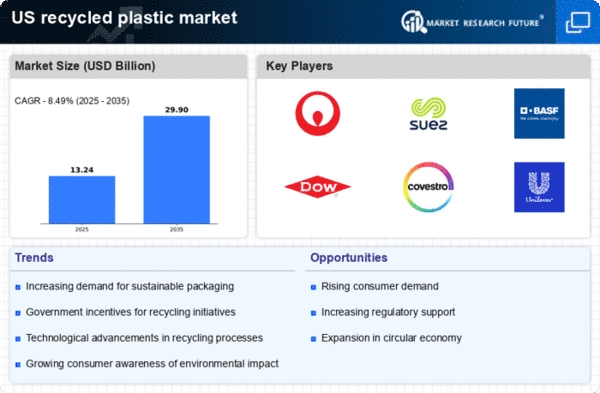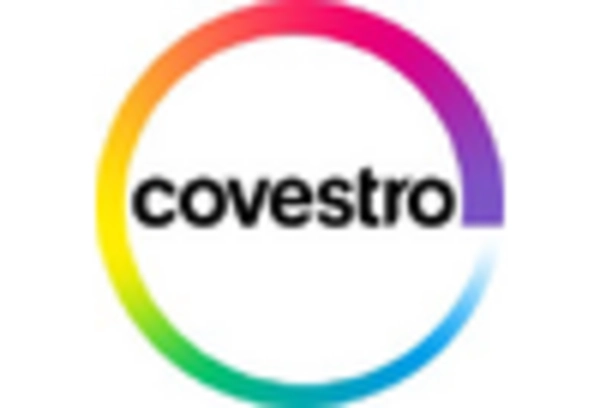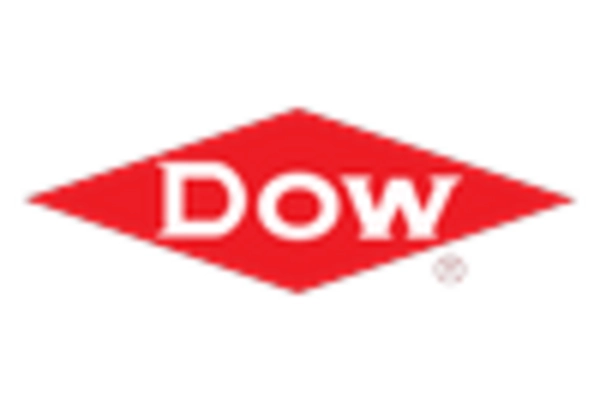The recycled plastic market is undergoing a notable transformation, driven by increasing environmental awareness and regulatory pressures. Stakeholders across various sectors are recognizing the importance of sustainability, leading to a heightened demand for recycled materials. This shift is not merely a trend; it appears to be a fundamental change in how industries approach plastic usage. Companies are investing in innovative technologies to enhance recycling processes, thereby improving the quality and availability of recycled plastics. Furthermore, consumer preferences are evolving, with a growing inclination towards products made from recycled materials. This change suggests potential long-term growth in the recycled plastic market as businesses align their strategies with sustainability. In addition to consumer demand, government initiatives are crucial in shaping the recycled plastic market. Policies aimed at reducing plastic waste and promoting recycling are increasingly prevalent. These regulations may encourage manufacturers to adopt circular economy principles, which could lead to increased investments in recycling infrastructure. As a result, the market is likely to see a surge in the production and use of recycled plastics, fostering a more sustainable future. Overall, the current dynamics indicate a promising outlook for the recycled plastic market, marked by innovation, regulatory support, and shifting consumer behaviors.
Technological Advancements in Recycling Processes
Recent innovations in recycling technologies are enhancing the efficiency and effectiveness of plastic waste processing. These advancements may lead to improved quality of recycled materials, making them more appealing for manufacturers. As technology continues to evolve, the potential for higher recovery rates and reduced contamination levels in recycled plastics becomes increasingly feasible.
Regulatory Support and Policy Initiatives
Government policies aimed at reducing plastic waste are gaining momentum, which could significantly impact the recycled plastic market. Initiatives promoting recycling and sustainable practices may encourage businesses to invest in recycling infrastructure. This regulatory environment is likely to foster a more robust market for recycled plastics.
Shifting Consumer Preferences Towards Sustainability
There is a noticeable shift in consumer attitudes, with a growing preference for products made from recycled materials. This trend suggests that businesses may need to adapt their offerings to meet the demand for sustainable options. As consumers become more environmentally conscious, the recycled plastic market could see increased growth opportunities.
















